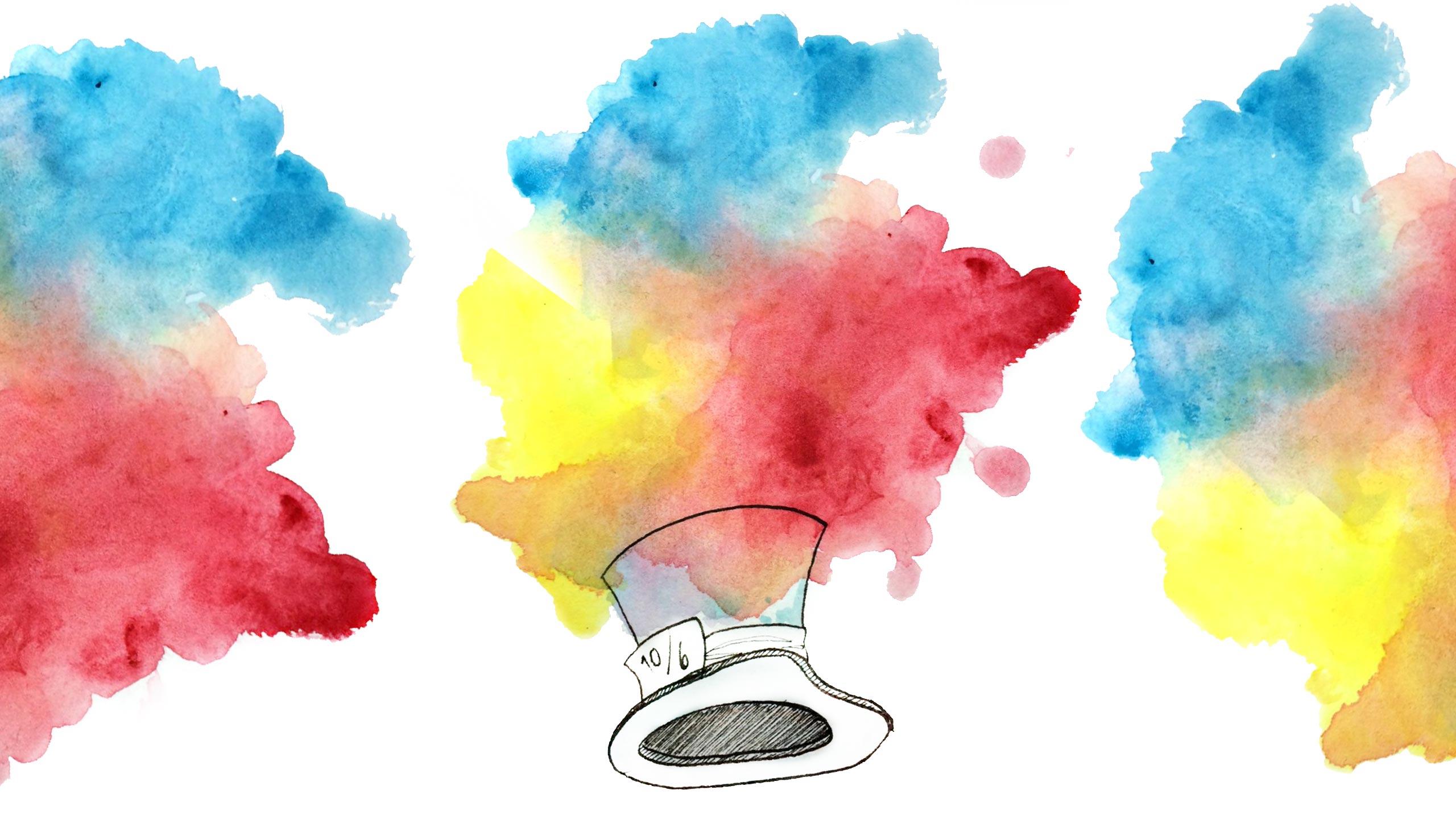Like what you’re reading? This story is from our Accessibility Issue! Check out the other stories here. Want to see more? Of course you do.
By Jen Chan
I told my parents it was just Prozac. (It wasn’t.)
They insisted on making an appointment with my doctor to understand why she was trying to ruin my life.
Every time I’ve sat in the waiting room of a clinic since, thinking about the rotating cocktail of medications, antidepressants, antipsychotics, anti-these-are-the-things-that-are-wrong-with-you that I’ve been put on, I wonder how it’s possible that my parents and I often end up at the same conclusions, because we sure took different paths to get there.
They sit me down at dinners and tell me my radicalism and ideals are naive and products of youth, my opinions will mature and change as I live life, my conclusions are baseless and the real world will show me a thing or two that’ll change my mind soon.
But just like me, they hate institutions. “Nobody needs to know our business,” they say, children of immigrants who learned early in their lives that Canada does not reward vulnerability shown by people of colour.
They hate the idea of me being medicated. “Why do you need to rely on this to live, forever, for the rest of your life, now?” they ask.
Mad Pride, as a movement, originated in Toronto as a rejection of forcible hospitalization of psychiatric patients. It was a call to arms for anyone who had ever been labelled “crazy,” “nuts,” “mad,” “loony,” or “psycho,” and a celebration of neurodivergence (neurology that is not considered “normal”).
“Mad Pride is grassroots, led by those who have been deemed mentally ill,” says Erin, a second-year social work student who has organized with Mad Pride Toronto. “It brings to light the ways in which Mad people have been historically oppressed by institutions (like CAMH) and advocates for rights and real systemic change.”
The Centre for Addiction and Mental Health, or CAMH, is just one example of institutions that have long straddled the line between well-intended help and non-consensual force. Through lobotomies, electro- shock therapy, forcible medication—asylums and psychiatric facilities have prescribed and executed treatments for decades, overriding patient autonomy in the name of saving them from themselves, “for their own good.”
But the harm that these institutions can perpetrate on the neurodivergent aren’t just a thing of the past. Call EMS or 911 on a person who expresses even the faintest whisper of self-harm and hospitals are obliged to detain them for at least 48 hours. If a Form 1 (mandatory 72-hour hospital observation) gets filled out, it can go into the public record and that person’s career, depending on the field they’re in, can suddenly and irrevocably be stopped in its tracks.
Take CAMH, for instance. The Child Youth and Family Gender Identity Clinic had, until just recently, blockaded the path to self affirmation for transgender youth for years.
Statistics show that external support is important. The instances of transgender youth with unsupportive families who attempt suicide stands roughly at 54 per cent, according to the 2015 U.S. Transgender Survey. But for trans youth who receive support from their families?
The instances of attempts to take their own lives drops to 37 per cent and their risk of homelessness and psychological distress drops significantly.
“Society isn’t going to change overnight to accommodate Madness. My professors are not going to grant me leeway on handing in assignments because I haven’t left my house in four days.”
In recent years, campaigns like Bell Let’s Talk have cannonballed into the mainstream. These corporatized conversations ostensibly provide opportunities for people to be able to come out of the neurotypical woodworks and talk about their mental health challenges, free from stigma.
In 2015, the Ryerson Students’ Union (RSU) cooperated with other student unions to create Reclaiming Our Bodies and Minds, the first intercampus disability conference of its kind in Toronto. Multiple parts of the conference were hosted on Ryerson campus, too.
Last year, Ryerson was also the site of the Mad Market, an event during Mad Pride Week where people who identified as Mad or mentally ill exhibited and sold their artwork.
“Historically, creative work produced by Mad artists in an institutional setting was used to assess and diagnose—psychiatrists would even take their artwork and exhibit it without permission and showcase it,” says Erin.
There was a Mad Hatter Tea Party as well, which is an event that RyeAccess, the accessibility equity service center at the RSU, regularly hosted as well. The goal of the event is to be able to discuss Madness openly.
My relationship with Madness has always been tenuous.
There are plenty of labels I’ve not had any reluctance in claiming; queer, racialized, femme, cis.
But Mad? Mad is one that has given me pause.
I pause and I think about my family, with a history of countless undiagnosed addictions and depressions, anxieties and disorders.
I think about how they functioned in a space where admitting to any of those would undercut the work they already had to do to prove themselves against younger, whiter, richer counterparts.
I pause and I think about my prospective career paths, about bosses who might be fine with Bell Let’s Talk, but they’d undoubtedly be less fine with me dissociating out of meetings and deadlines and somehow affecting their bottom line.
I pause and I think about my extracurriculars here at Ryerson; I think about the intense grind that “student leaders” are constantly talking about, the overwhelming stack of duties and obligations that are expected of people active in “student life” and any distrust or lack of confidence that might be associated with anyone who, God forbid, can’t handle it all the time.
I pause and remember the way that I was dismissed from the engineering Senate Appeals Committee because I was too sympathetic towards mental health claims opposite the professors who held them in contempt.
My own transcript reflects my roller-coaster mental health, marking the periods I was sufficiently medicated versus the times I went without, but apparently we can’t have that when evaluating the legitimacy of a student’s appeal circumstance.
Society isn’t going to change overnight to accommodate Madness. My professors are not going to grant me leeway on handing in assignments because I haven’t left my house in four days.
My bosses are not going to be like “it’s chill,” when I call in sick to work some mornings because I woke up with a voice in my head telling me to make all the wrong decisions.
My friends and family are not going to have the capacity to handle my outbursts and flakiness, emotional ups and downs, borderline manipulation and intense attachment periods.
I can be rad. But to survive, I buy into medicalization and institutionalization and capitalism. I buy into expecting myself to efficiently output enough so that I can quantify my life as somehow worthy and valuable to the people around me.
Does that still make me Mad?












Leave a Reply